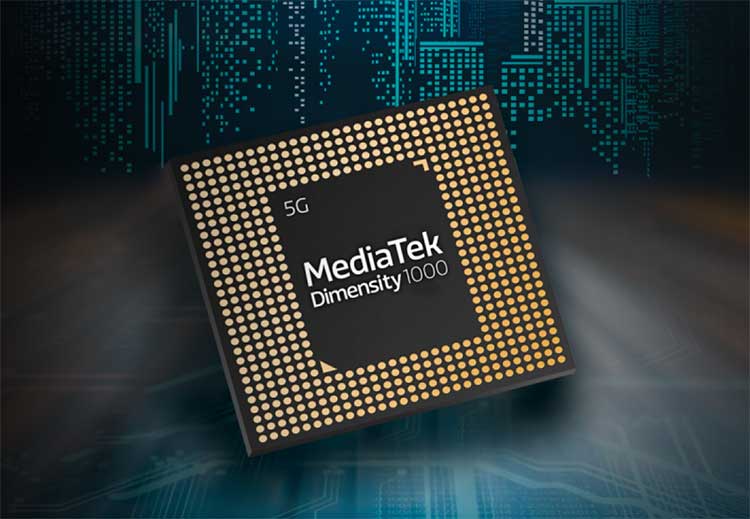At the end of November, MediaTek had unveiled the 7nm Dimensity 1000 chipset that arrived with support for dual-mode 5G. A recent report on Digitimes had revealed that the Taiwanese chip maker will be launching another 5G chip on Dec. 25. A fresh report on the same publication states that MediaTek is aiming to unveil mmWave 5G SoC solutions in the second half of 2020.
There is an incredible demand for wireless data bandwidth because of which cellular operators are aiming to capitalize on other frequency bands for deploying new 5G wireless technologies. To be specific, the frequency spectrum between 24 GHz and 300GHz that offer large bandwidths and faster data rates are dubbed as mmWave (millimeter wave technology). While mmWave bands up extend up to 300 GHz, the bands ranging between 24 GHz and 1000 GHz that can support up to 2 GHz bandwidths will be used for 5G. The below shown image by Accton.com shows the allocation of frequency bands for sub-6 GHz and mmWave.
At present, the industry uses 26 GHz, 28 GHz and 39 GHz frequency bands for mmWave. The 28 GHz and 39 GHz bands being used and tested. The 26GHz spectrum will be supported in Africa and Asia. The recently announced Snapdragon 865 and Snapdragon 765/765G chipsets support sub-6 GHz and mmWave. The SD865 is equipped with X55 5G modem that can use of 200Mz of sub-6 and 800MHz of mmWave. On the other side, the SD765G/765 has the slower X52 5G modem that supports 100MHz of sub-6 and 400MHz of mmWave.
MediaTek will be announcing another sub-6 GHz 5G chip on Dec. 25. It will most likely be the Dimensity 1000L that has a model number of MT6885. The Dimensity 1000 and the upcoming 1000L lack support for mmWave.

The OPPO Reno3 that is scheduled to go official on Dec. 26 will be the first phone to feature it. The performance prowess of the Dimensity 1000L seems to be on par with the Snapdragon 765G that fuels the Reno3 Pro 5G. This has been revealed through Master Lu and Geekbench listings of both phones. Some of the upcoming Samsung Galaxy phones are rumored to feature the new 5G chipsets from MediaTek.
UP NEXT: MediaTek 5G Chipset to boost sales by 20% in 2020
(source)








